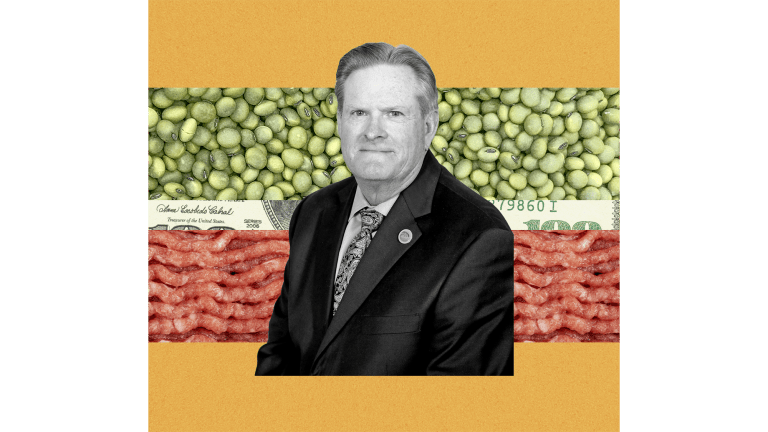In an otherwise solid post, David said something that made me cringe:
In a cap-and-trade system where the pollution permits are auctioned, the money goes to gov’t, and the gov’t decides what to do with it.
Poorly paraphrasing James Joyce: no and my heart was beating like mad and no I said no I NO.
That’s not at all what cap-and-trade does. If you got pissed off when the Bush administration stuck “Clear Skies” labels on their environmental programs, you should be no less fidgety when the phrase “cap-and-trade” is being comparably misused. The phrase has been twisted and muddled to a degree that has adversely affected our public discourse. And clarity is critical in this conversation.
Some background:
Cap-and-trade emerged from intellectual ideas in the 1980s and 1990s, when environmental economics was a nascent field, seeking to provide a market alternative to the top-down, command-and-control models that had dominated environmental policy prior to that point. Economists came to realize that there were three broad ways you could drive markets to address externalities:
- Command and control. You shalt install pollution control technology X, and you shall clean up this site by date Y. This is the superfund, BACT/MACT approach.
- Tax. From now on, you’ll pay $X/unit for every unit of pollution you create to the government.
- Tradeable permit. The government issues permits to pollute, and market participants can buy and sell those rights and whatever price they can mutually negotiate.
Economists generally (and correctly, in my opinion) argued that this third option was the optimal one, as it uniquely ensured that the lowest-cost form of pollution control was always deployed, without being limited by the imagination or price of the original regulator. It is from this framework that cap-and-trade derives.
But you’d never know that from the bills going around D.C. with “Cap & Trade” in their headline today. Do any actually fit this definition? The idea that pollution sources and sinks might meet up in a market and agree on a price to transfer an emissions permit is central to the whole cap-and-trade model, and yet is an after thought to most cap-and-trade bills (along with the economic efficiency that drove us to this model). Speaker Pelosi sees cap-and-trade as a source of federal revenue. Much of Congress anticipates a states-rights challenge once C&T is passed from those states that are now using RGGI as a source of revenue.
Somewhere, lost in the noise is a core truth: if cap-and-trade is providing significant revenue to the state, it ain’t cap-and-trade. It’s a tax. And while I take significant issue with those economists who argue that cap-and-trade models and carbon tax models can be designed to be functionally equivalent, the reality of C&T (as framed by the Congress) is that it really is about the same thing as a tax.
The semantics of this alone are troubling. The term “carbon tax” is an accurate descriptor of itself, even if it is politically toxic. “Cap-and-trade” doesn’t have the political baggage, but it bears increasingly little relation to the things being recommended as carbon policy tools in Washington under that heading.
But the economic and environmental consequences are much more problematic. Our carbon policy discussion is providing a choice between a series of crappy options, all of which will favor the preferential deployment of high-cost GHG mitigation measures. And since no one is infinitely wealthy, that’s the same as preferentially favoring less total GHG reduction. That’s a lousy outcome on every possible measure. To a large degree, we don’t even notice, thanks to the co-option of language that used to mean something.
Remember the beginning of Rattle & Hum when Bono said “this is a song Charles Manson stole from the Beatles. We’re stealin’ it back,” and then kicked into Helter Skelter? Let’s steal cap-and-trade back too. (OK, Edge, play the blues.)


